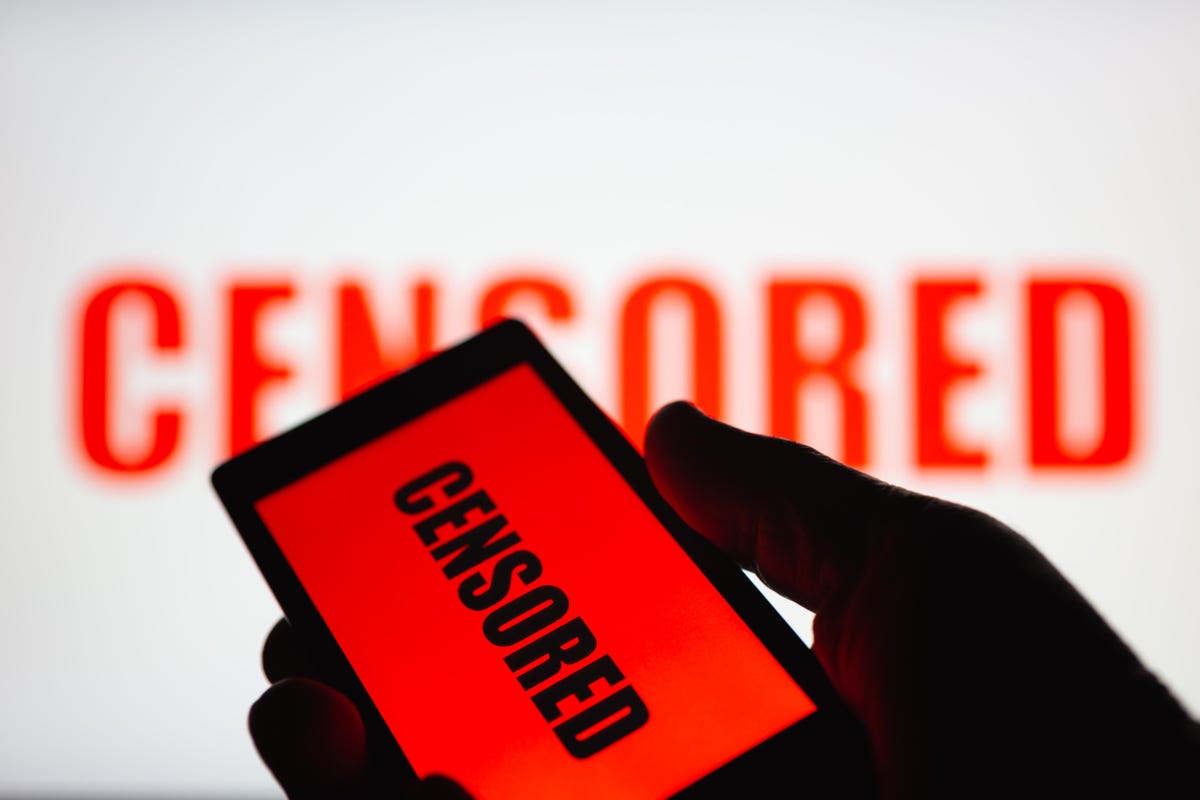
With former President Donald Trump announcing his lawsuits against the big tech giants to fight their ongoing censorship, the topic of social media censorship is about to be brought to the forefront.
Noted legal scholar Alan Dershowitz even spoke about the lawsuits and believed they would indeed “shake things up”. However, he did caution they will be extremely complicated cases to parse by the courts.
But there’s actually very simple legislation that states could implement right now to protect their own citizens. This law would simply ask for transparency, and wouldn’t restrict or force these social media companies to behave any differently than they currently are.
The law would be simple. It would state that social media companies would be required to notify account holders if their account came under any negative influence via the algorithm, human editors, or any other automated process.
A simple example goes like this: Say a user makes a post on Facebook, and that post is flagged by the algorithm and sent to human editors. This is a process we already know exists at Facebook today. If that human editor or the algorithm limits the reach or exposure of that post in any way, the user must be notified of that action. A notification would need to be sent out for each time this happens.
So just to be clear, this law wouldn’t be asking the social media companies to behave any differently or demand they change their policies. All it would require is that they notify accounts when they negatively influence them. Such negative influence includes shadow-banning, outright banning, deletion of comments or posts, or posts being hidden or otherwise having their reach diminished via an automated or human process. This also includes any manipulation of likes, “upvotes”, or followers.
Such a law would not be burdensome at all for the social media companies since any time they do choose to negatively influence an account or post, a record is kept already. So sending an automated email to that account would not take much extra effort at all in order for the social media companies to be compliant.
Such a law would simply be for the sake of transparency and so that users are protected and informed. It would not force companies to change their current policies, nor would it be burdensome in any way.
Another aspect of this censorship is that many users of social media are also conducting business in some way on the platform since social media now acts as the “town square”. These people have a right to know if their account is being negatively influenced as such a thing can directly impact their livelihood without them even knowing.
So all this new law would ask is that people be notified, the social media companies need not take any other action or even stop what they are doing.
Legally, any state could implement such a law. It would be similar to the way certain states have different laws regarding lending or warranty contracts. This law would fall into those categories of consumer protections.
States like Florida or Texas could easily set the tone for such legislation by introducing a bill calling for social media transparency.
So while this new law wouldn’t fix all of the problems with social media censorship, it would start to add much needed transparency to the process, as well as give users a sense of just how widespread this censorship has become.


SHARE